Keynote Speaker Bios
May 29
Fellows Panel - Evaluation for the Anthropocene
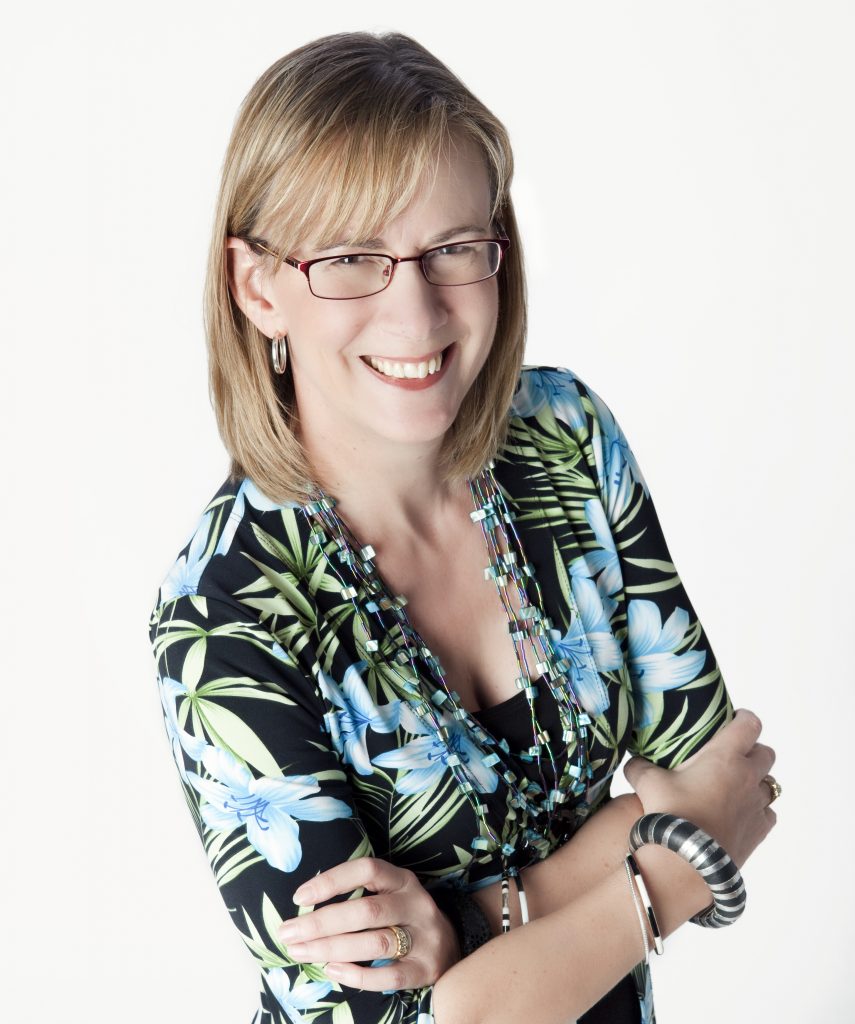
Dr. Jane Davidson is an internationally recognized and award winning evaluation thought leader, methodologist, and practitioner. She is best known for developing evaluation rubrics as a robust yet practical methodology for drawing conclusions about quality and value. She has also made significant contributions in the areas of causal inference for qualitative and mixed methods, and synthesis methodologies for evaluation. Now based in Seattle, Jane is sought after internationally as a speaker, author, evaluation coach, and workshop presenter, known for her signature approach of methodologically robust but refreshingly practical evaluation with breathtaking clarity.
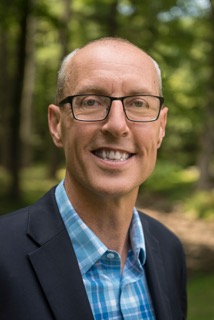
Patrick Field is Managing Director at the Consensus Building Institute and Associate Director of the MIT-Harvard Public Disputes Program. For 24 years, he has built consensus and collaboration capacity on complex public and organizational issues in the U.S. and Canada. His primary focus is building agreements on and finding solutions for the built and natural environment across sectors, interests, disciplines, and organizations. Patrick helps organizations improve their effectiveness and manage change, redesign decision processes and systems, and establish collaboratives across sectors and interests. He works with nonprofits, government agencies, and private entities to improve their negotiation skills and procedures. Leading CBI’s U.S. practice, Patrick mediates and facilitates public engagement and stakeholder processes on natural resource, land use, transportation, energy, and water issues across the United States and Canada. He frequently works with and between local, regional, state, and federal governments. He is particularly adept at designing and facilitating processes that integrate technical complexity, community involvement, and agency decision-making.
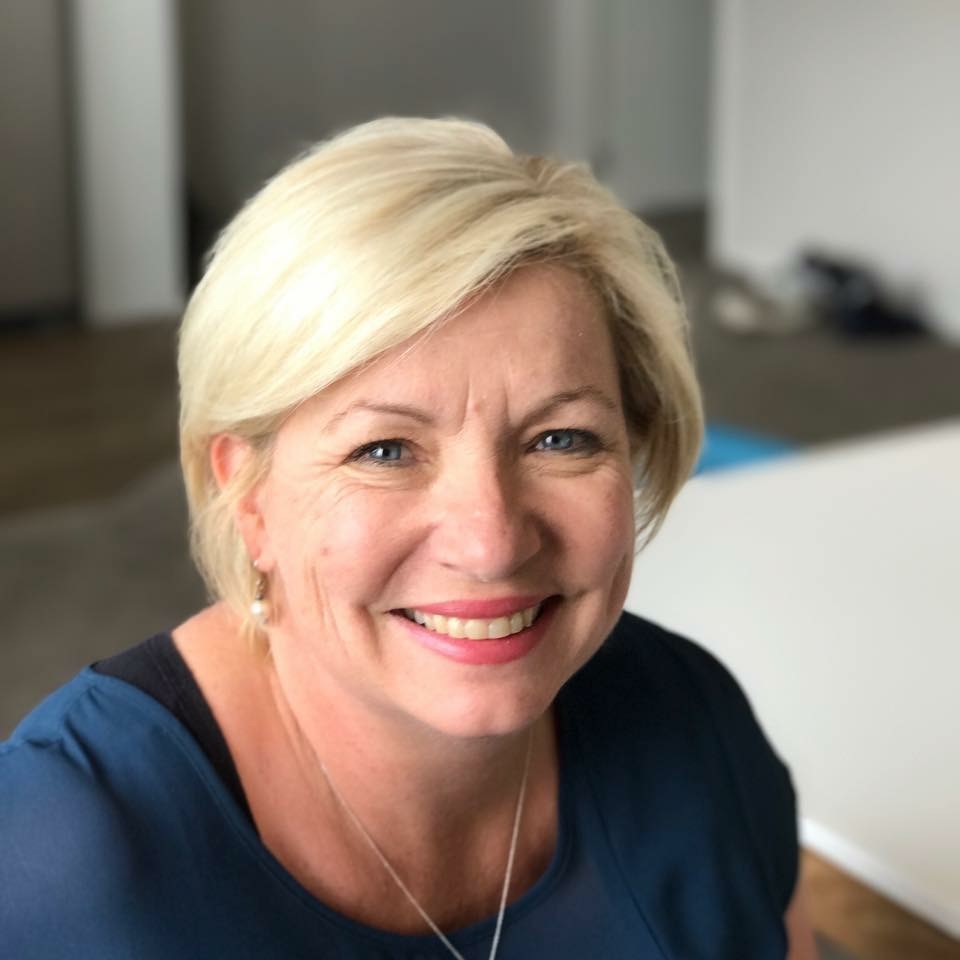
Kate McKegg is a founding member and current Deputy Convenor of the Aotearoa New Zealand Evaluation Association (ANZEA) She is director of The Knowledge Institute Ltd and a member of Kinnect Group, as well as an indigenous led collective Tuakana Teina, based in the Waikato region of New Zealand. Kate is descended from Irish, Scottish and English migrants, who settled in New Zealand in the 1800s. Kate has worked in evaluation, evaluation capacity building, research, policy and public sector management since the late 1980s, with specialist skills in developmental evaluation, programme evaluation, evaluation capacity building, strategy, policy, research, training and facilitation. She has a deep commitment to social and environmental justice and strives daily to decolonize her thinking and actions to support to indigenous colleagues in struggles for justice, sovereignty, healing and revitalization. She is co-editor of New Zealand’s only evaluation text, Evaluating Policy and Practice: A New Zealand Reader (2003), and, with Michael Quinn Patton and Nan Wehipeihana, of Developmental Evaluation: Real World Applications, Adapted Tools, Questions Answered, Emergent Issues, Lessons Learned, and Essential Principles, Guilford Press, New York (2015).
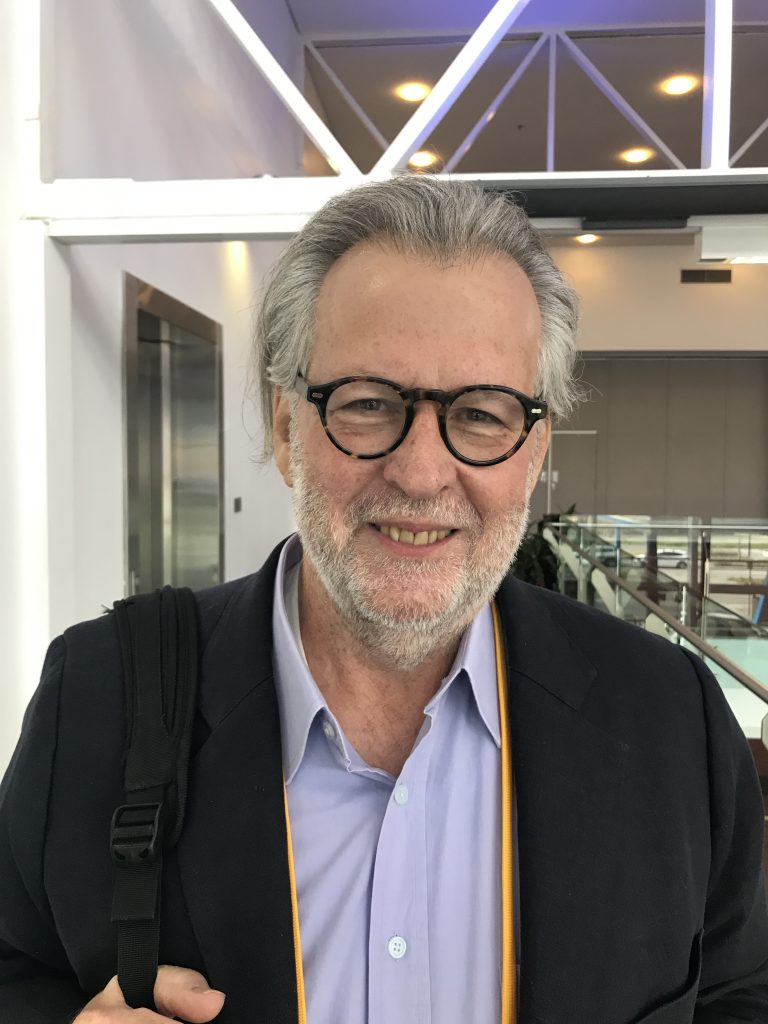
Andy Rowe is an evaluation and economics consultant. He is former President of the Canadian Evaluation Society and has been awarded for his service to evaluation in Canada and is a Fellow of the Society. He has a PhD from the London School of Economics, is on the Board of Ecotrust Canada and an associate editor of Evaluation and Program Planning. Andy led the development of Rapid Impact Evaluation approach and with Kai Lee of the Packard Foundation a use-inspired approach to philanthropic funding. His publications focus on evaluation for sustainability and natural resource management and for assessing and improving use of science knowledge; he has launched a growing effort for an evaluation function that is sustainability-ready.
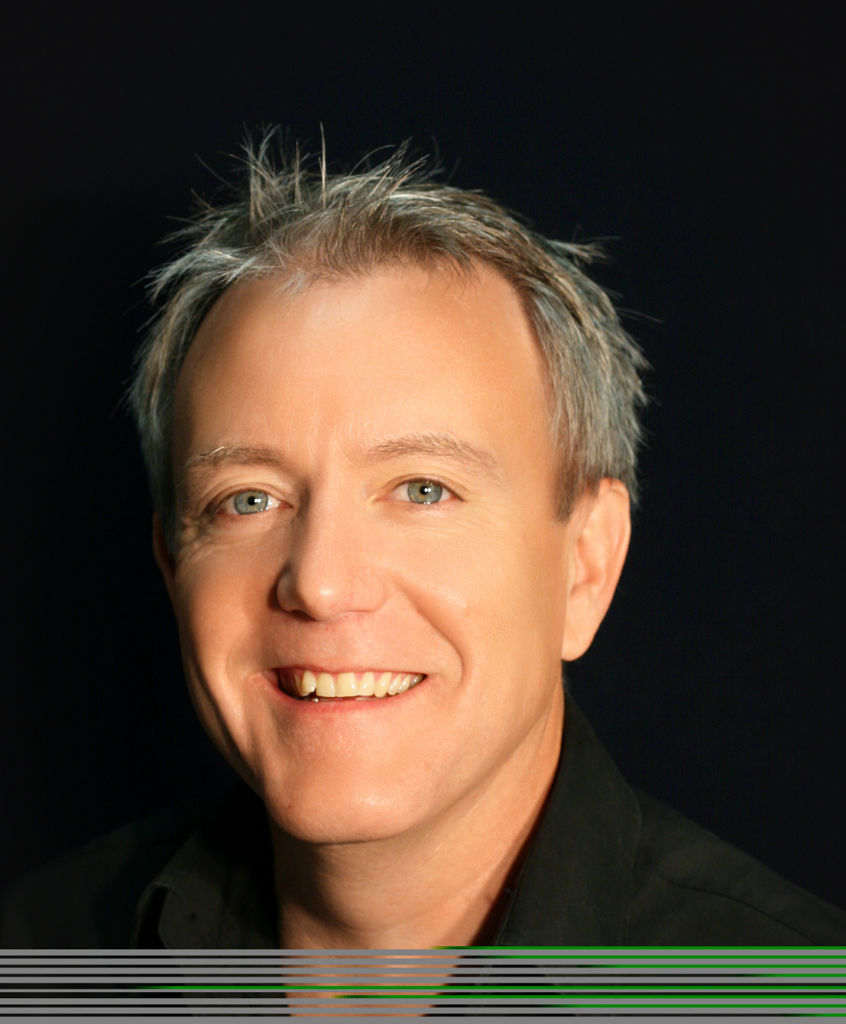
Sean Curry graduated with a BSc in Forestry from UBC. He has over 30 years of experience developing and implementing innovative solutions to complex and sensitive environmental and resource management problems, primarily in the Western Canadian forest industry, and more recently for the BC Oil and Gas Commission. One of the primary roles of the BC Oil and Gas Commission in regulating oil and gas activities is to safeguard the natural environment. In his current role, Sean oversees a large and diverse team that provides subject matter expertise, from the beginnings of the oil and gas activity lifecycle to the end stages, to ensure the petroleum resource is developed responsibly and to continually improve environmental outcomes. Sean and his partner Diane live in Victoria BC, have a large and growing blended family, six bicycles, two sea kayaks, a large hound dog and thoroughly enjoy the West Coast life style.
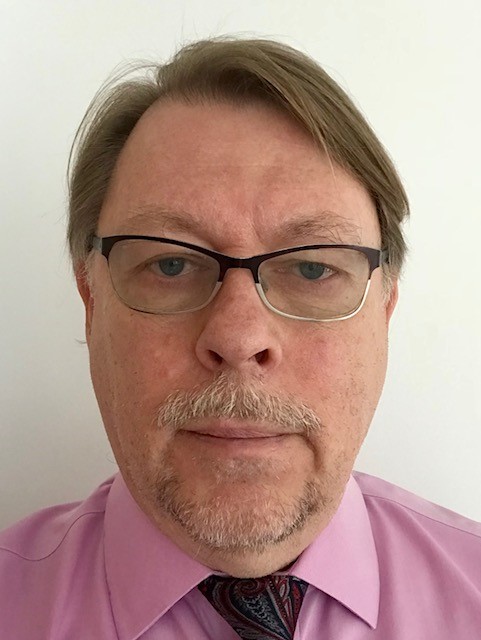
Dr. Juha I. Uitto is Director of the Independent Evaluation Office of the Global Environment Facility. He has more than three decades of experience in international development and environment working in international organizations, academia and as a consultant. He has earlier held positions in the United Nations Development Programme, United Nations University, Nordic Africa Institute, and the International Fund for Agricultural Development, and has been visiting scholar in Rutgers University, Kyoto University and the University of Montana. A geographer by training, he holds a master’s degree from the University of Helsinki in Finland and earned his PhD from Lund University in Sweden. Juha Uitto has published widely on the environment, natural resources management, hazards, and evaluation. His recent books include Evaluating Climate Change Action for Sustainable Development (2017); Universities and the Sustainable Development Future (2017); Sustainable Development and Disaster Risk Reduction (2016); and Evaluating Environment in International Development (2014).
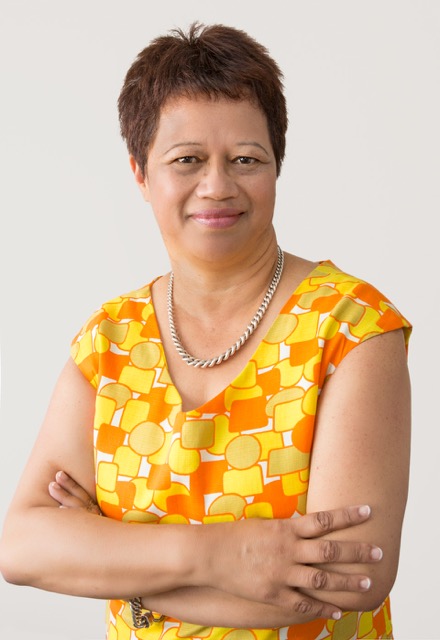
Nan Wehipeihana is the Director of Research Evaluation Consultancy Limited in Wellington, New Zealand, and a member of the Kinnect Group. Nan’s tribal affiliations are to Ngāti Tukorehe and Ngāti Raukawa, north of Wellington and to Ngāti Porou and Te Whānau-ā-Apanui on the East Coast of New Zealand. Nan specializes in program and policy evaluation with a focus on Māori (Indigenous New Zealanders) and building evaluation capacity with tribes and Māori organisations to evidence their outcomes including cultural outcomes. Nan is at the forefront of promoting indigenous evaluation and the use of indigenous principles, values and methods in evaluation. Nan advocates for critical analysis of outcomes for Māori for all programs or services accessed by Māori. By bringing the voices and views of Māori to government and funders, she aims to offer insight into Māori values and perspective for use in government, business and community contexts.
